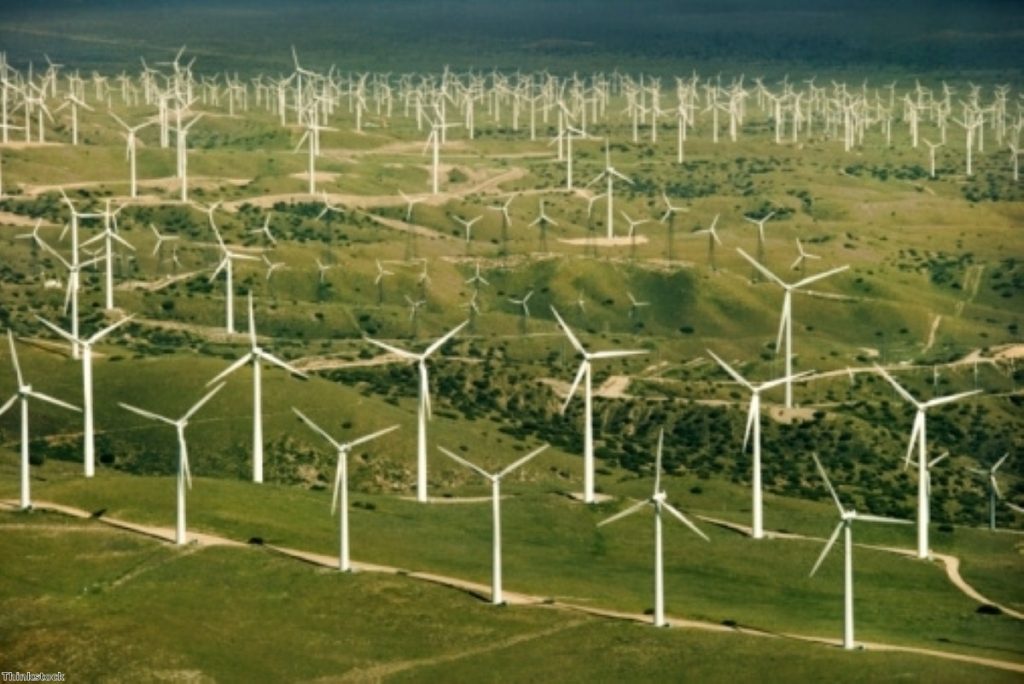Treasury fights 2030 ‘decarbonisation’ target
By Cassie Chambers and Alex Stevenson
Britain's energy future is prompting a growing coalition scrap between the Conservatives and Liberal Democrats.
Tory chancellor George Osborne and Lib Dem energy and climate change secretary Ed Davey are in a standoff over the UK's future energy mix, prompting criticism from MPs on the Commons' energy and climate change committee.
Its report published today calls for the setting of a target to 'decarbonise' the energy sector by 2030.


But the Treasury opposes such a move, calling such targets "inflexible" in a leaked letter sent to the Department for Energy and Climate Change (Decc).
Osborne reportedly called the 2030 target "inefficient". He said he is only "content" to accept a cut of just ten per cent cut in subsidies for wind farms in exchange for guarantees that natural gas will remain a key part of Britain's energy mix for decades to come.
Committee chair Tim Yeo highlighted the critical nature of the 2030 target, saying: "If the energy bill does not set a target to largely decarbonise the electricity sector by 2030, then the UK may miss one of the biggest opportunities it has to create a low-carbon economy in the most cost effective way."
His committee today attacked the coalition's draft bill as a "botched" piece of legislation which will hurt consumers.
It said the draft bill could raise costs, reduce competition and reduce investment unless it is dramatically reworked.
"The government is in danger of botching its plans to boost clean energy, because the Treasury is refusing to back new contracts to deliver investment in nuclear, wind, wave and carbon capture and storage," Yeo added.
Davey, responding to the committee's criticisms, said: "The energy bill will enable us to make radical changes to the electricity market that deliver investment in secure, low carbon, affordable energy."
The bill seeks to use long-term contracts and price guarantees to set a price for low-carbon electricity.
Proponents argue this set price will reduce the risk to firms and lead to an increase in the amount they invest in green technology.
Yet the committee, which supports the guaranteed price, said the bill falls short in several areas.
For one, they believe a lack of government backing for the contracts will deter companies from entering the low-carbon sector.
"Electricity market reform is essential, but the new contracts proposed by the government will not work for the benefit of consumers in their present form," Yeo added.
"The government has a lot of work to do over the summer to make sure that the bill is fit for purpose in the autumn."
The committee argued last year's consultation led investors to believe that the contracts would be backed by government.
MPs also expressed concern over the spending cap which will limit the green levies that can be passed on to consumers via energy bills. They suggested such caps increase the risk to companies and may subsequently drive up prices for consumers.
The report also made other recommendations to improve green energy, including increasing transparency around nuclear energy decisions and protecting the role of small companies in the energy market.









